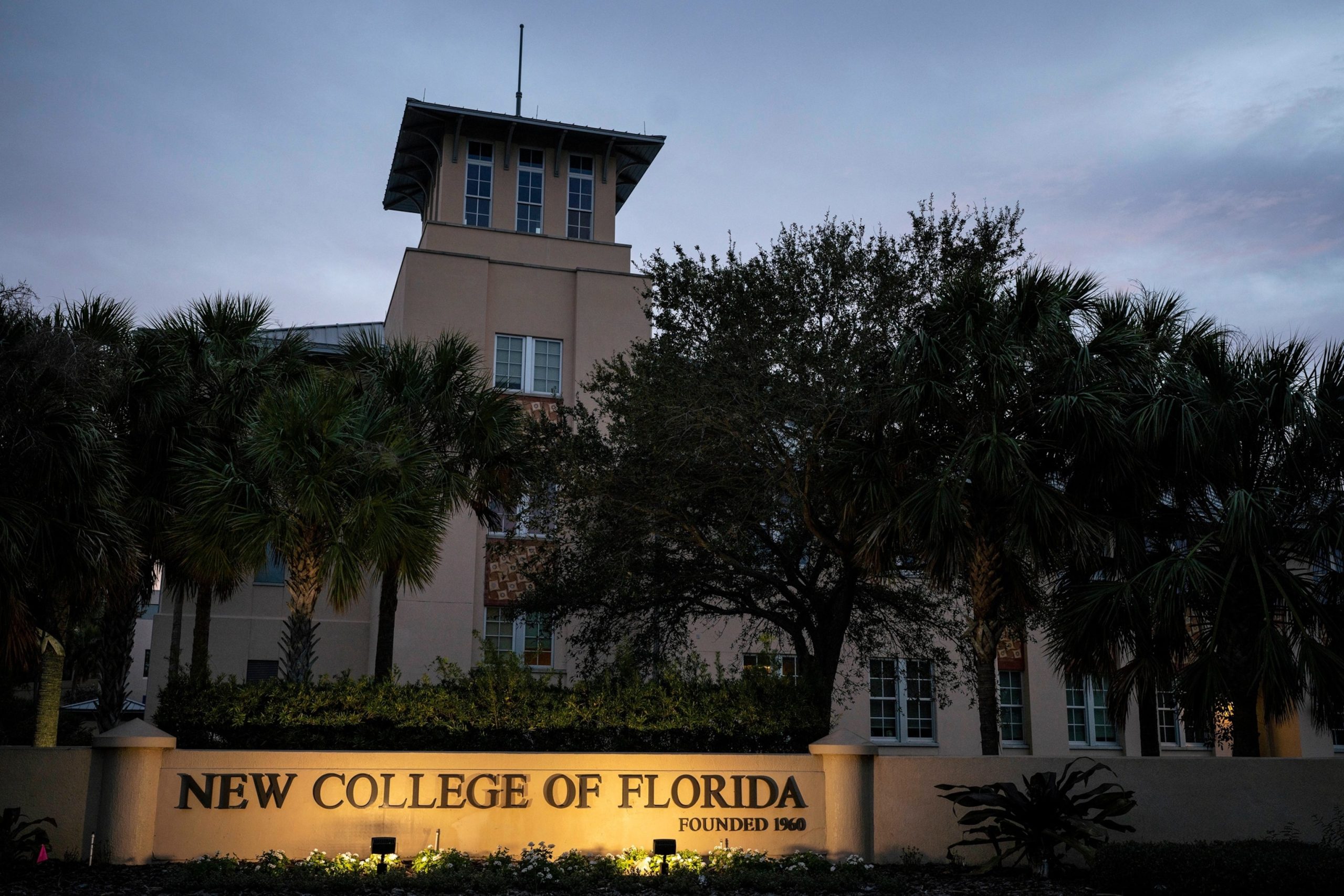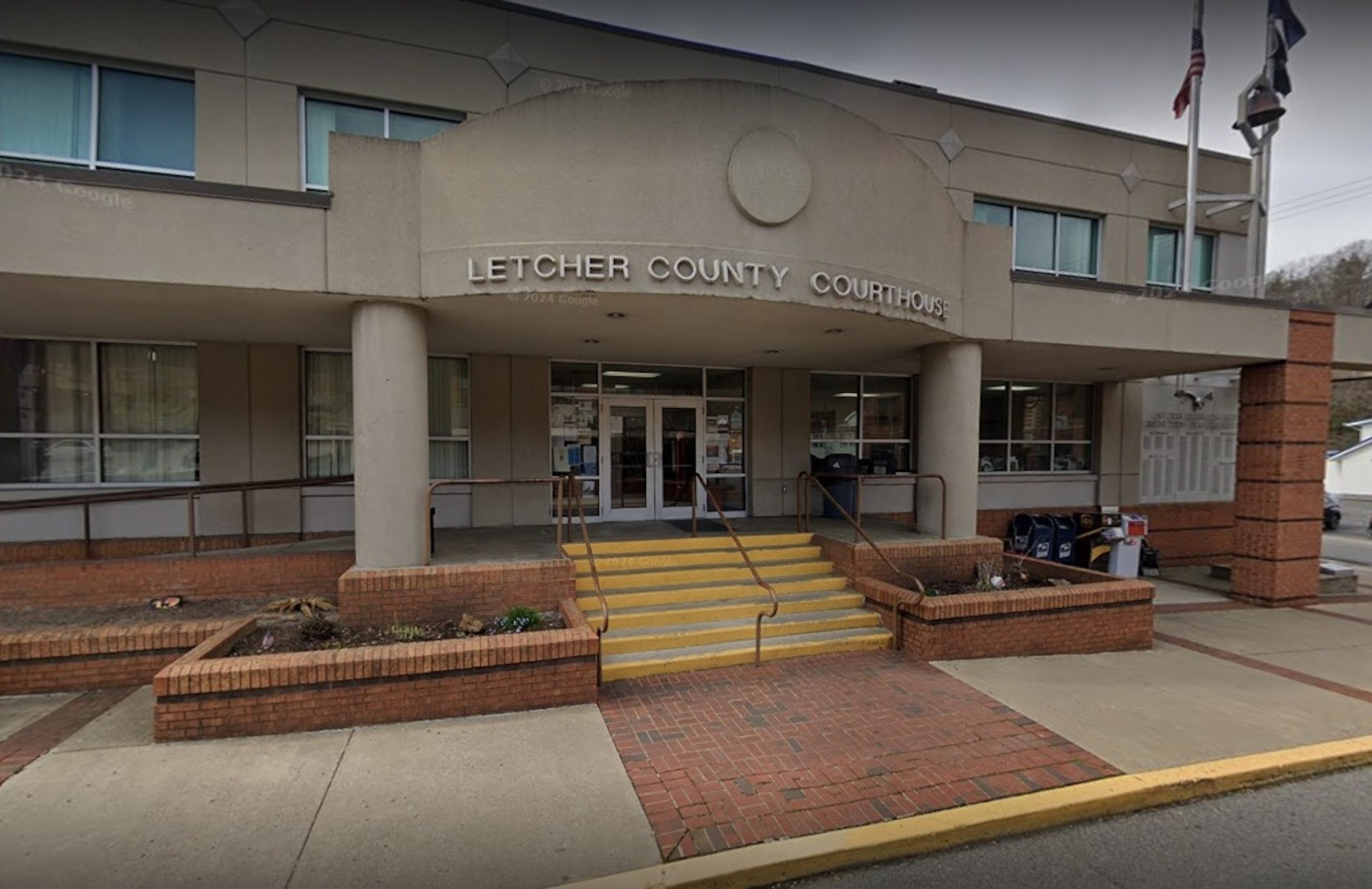The New College of Florida is under fire after what appears to be hundreds of books that have been wiped from its collection and discarded on the street.
Social Equity Through Education Alliance (SEE), a local activist group, was alerted on Thursday by a New College student who reported seeing what they believed was up to “thousands” of books being “shoved into a dumpster” behind the college’s library.
“We basically tried to communicate to officials that there were educational nonprofits and shelters that were immediately willing to bring trucks and save all of the books … and officials refused,” said Zander Moricz, executive director at SEE.
Moricz continued, “There were Bibles, there were stories of Black authors, of Latin authors, female stories, there were LGBTQ+ and queer stories, or trans stories, all thrown into a dumpster. It sends the message that New College of Florida wants to send stories of gender and diversity to the dump, and it was so heartbreaking and also very frustrating.”
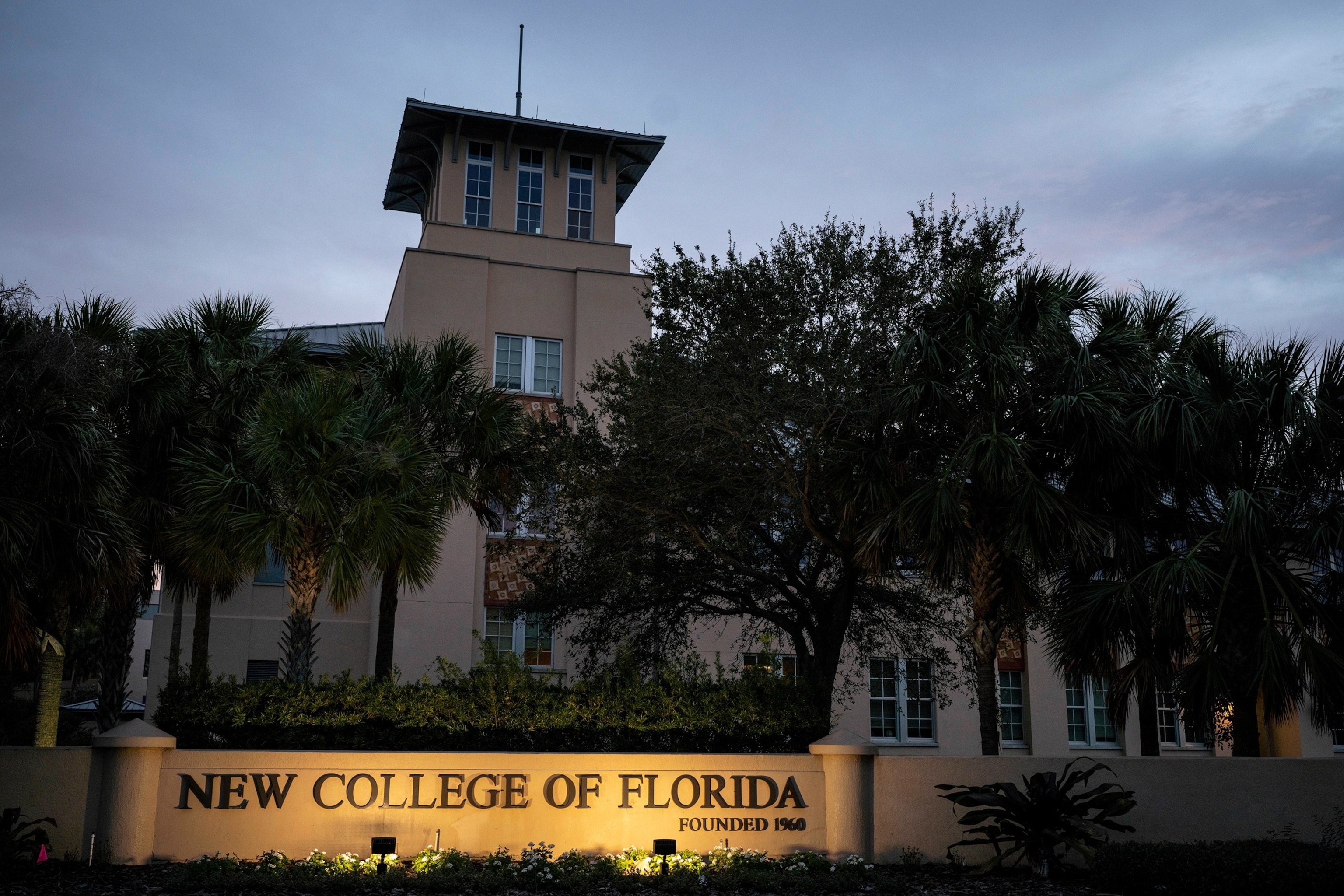
A view of the campus of New College of Florida in Sarasota, FL, Jan. 19, 2023.
Thomas Simonetti/The Washington Post via Getty Images
In a statement to ABC News, a New College spokesperson said it’s following “longstanding annual procedures for weeding its collection, which involves the removal of materials that are old, damaged, or otherwise no longer serving the needs of the College.”
“The images seen online of a dumpster of library materials is related to the standard weeding process,” the statement read. “Chapter 273 of Florida statutes precludes New College from selling, donating or transferring these materials, which were purchased with state funds. Deselected materials are discarded through a recycling process when possible.”
Some of the books found on the street were associated with the school’s discontinued Gender Studies program that were primarily donated and were not part of any official college collection or inventory, according to New College’s statement. When the books were not claimed for pickup from the program’s former room, the college also left them on the street, the college told ABC News.
The New College, a public liberal arts school in Sarasota, has been a target of Gov. Ron DeSantis’ anti-“woke” policy efforts, who has said he hopes to shed the institution’s liberal reputation.
DeSantis overhauled the Board of Trustees and touted the “replacement of far-left faculty with new professors aligned with the university’s mission” with a slate of terminations in recent years as well as the elimination of positions aligned with diversity, equity and inclusion (DEI) standards.
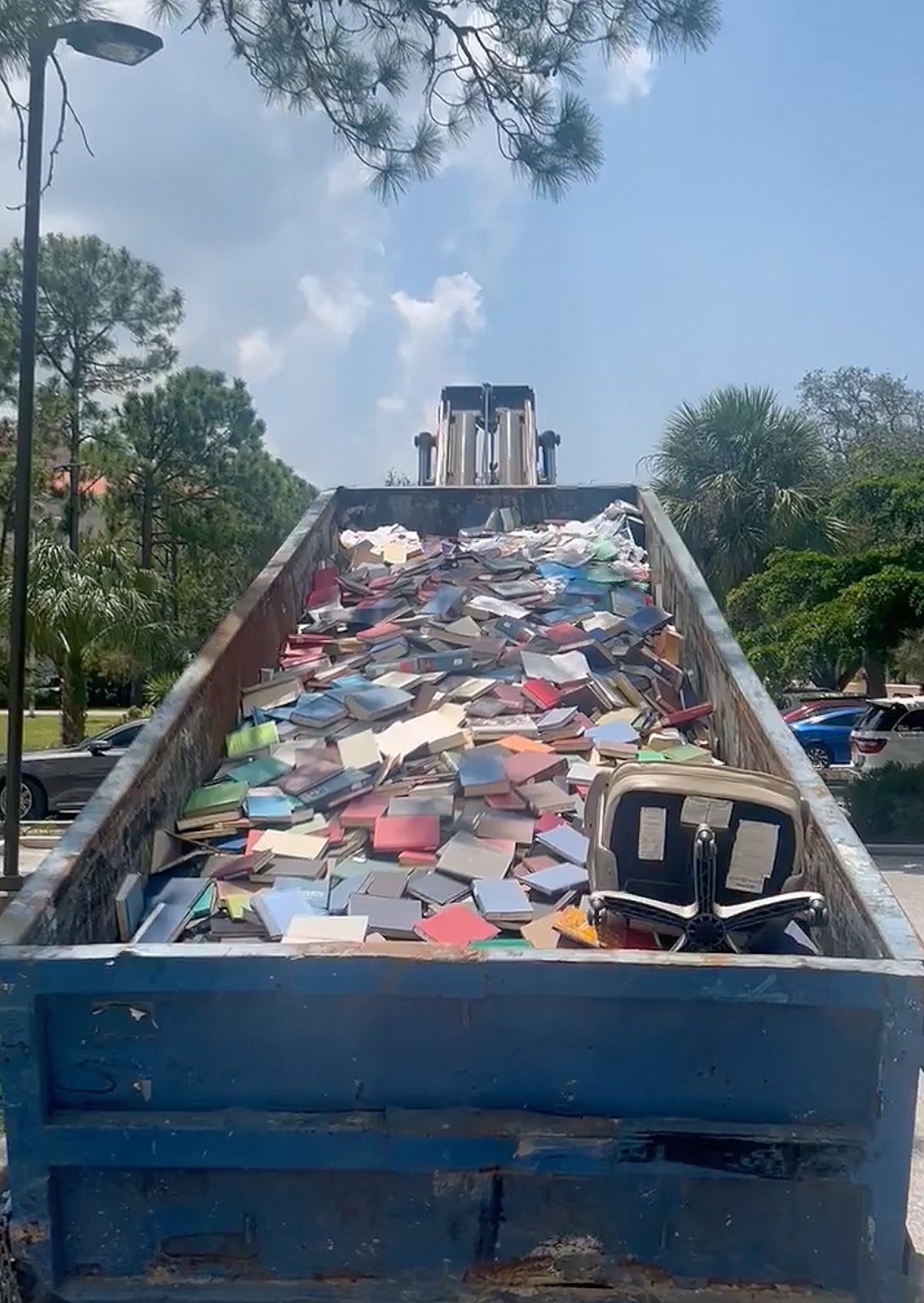
Social Equity through Education (SEE) Alliance, a local activist group, was alerted Thursday by a new student about seeing what they believed could have been up to “thousands” of books being “shoved into a dumpster.”
SEE Alliance
“The New College Board of Trustees is succeeding in its mission to eliminate indoctrination and re-focus higher education on its classical mission,” said DeSantis in an August 2023 statement.
Some of the books that have been discarded, according to a spokesperson for New College, were from the school’s gender studies programs — which were terminated under DeSantis’ appointed Board of Trustees.
Florida officials have long been under scrutiny for restrictions and bans on books in the state amid legislation that is aimed at restricting certain topics regarding race, gender, sex and more in higher education and K-12.
The Parental Rights in Education Bill and the Stop Wrongs to Our Kids and Employees (WOKE) Act restrict content on LGBTQ identities and race in schools, respectively.
Florida law also allows parents and residents to object to books and have them reviewed and potentially removed from schools.
Since the implementation of these laws, Florida has seen a rise in book-banning attempts across the state, according to the American Library Association (ALA) and free speech advocacy group PEN America.
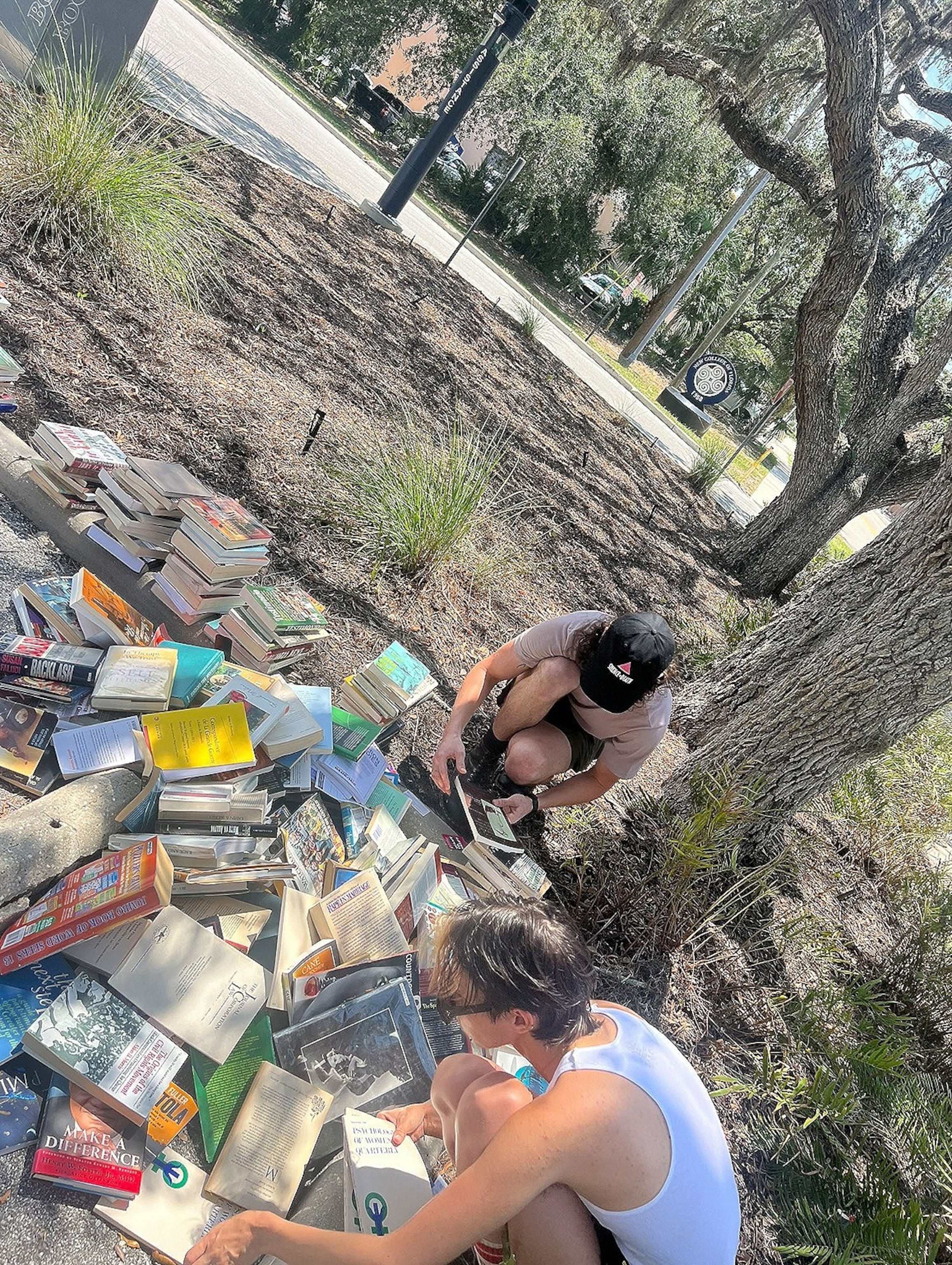
Social Equity through Education (SEE) Alliance, a local activist group, was alerted Thursday by a new student about seeing what they believed could have been up to “thousands” of books being “shoved into a dumpster.”
SEE Alliance
In the first half of the 2023-2024 school year alone, PEN America found that Florida experienced the highest number of cases focused on banning materials, with 3,135 attempts across 11 school districts.
Critics — including parents, students and local activists — have instead led banned book campaigns to encourage the reading and distribution of books that have been targeted.
DeSantis later signed a bill in April he hoped would limit the amount of book objections that can be made by people who don’t have a child with access to school materials.
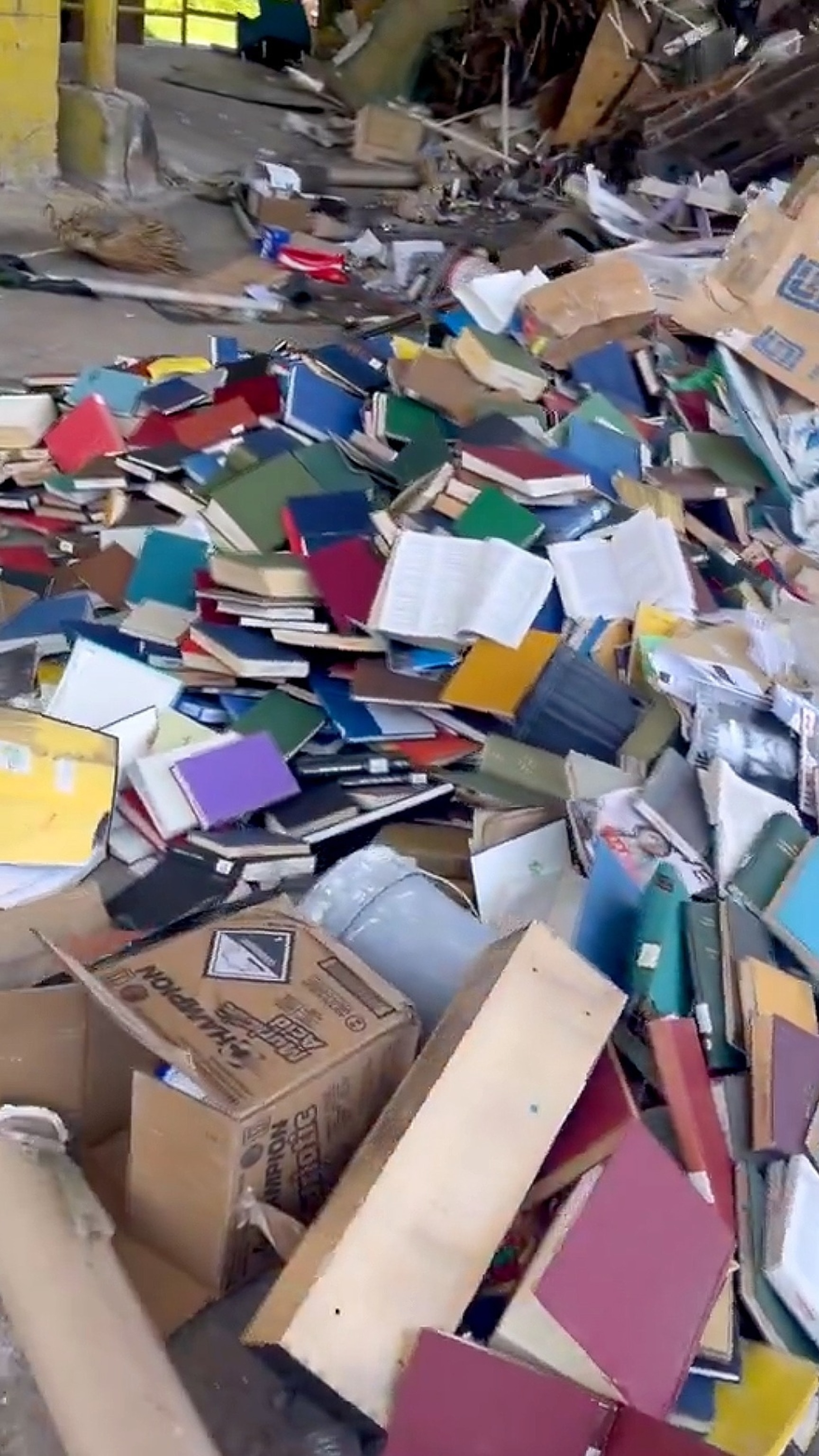
Florida’s New College is under fire after what appears to be hundreds of books that have been wiped from its collection and discarded on the street.
SEE Alliance
Parents of children in the school districts or using district materials will still be able to object to an unlimited amount of material.
DeSantis’ office said the change to these policies “protects schools from activists trying to politicize and disrupt a district’s book review process.”
Moricz and other activists were able in the end to take several books: “These were readable books. These were books that did not have tears in the pages. Have clean covers. These are books that could have been used, and it’s truly unforgivable.”
Florida’s New College, a small liberal arts school located in Sarasota, has found itself at the center of a heated controversy over the mass dumping of books on campus. The incident has sparked outrage among students, faculty, and alumni, who are questioning the school’s commitment to academic excellence and intellectual freedom.
The controversy began when photos started circulating on social media showing piles of books being thrown into dumpsters on campus. Many of the books appeared to be in good condition and were of high academic value. Students and faculty were shocked and dismayed by the sight, with some even going as far as to rescue books from the dumpsters in an effort to save them from being discarded.
The administration at New College has defended the mass dumping of books as a necessary step in clearing out outdated and redundant materials from the school’s library collection. They claim that the books being discarded were duplicates, damaged, or no longer relevant to the curriculum. However, critics argue that there are more responsible ways to handle surplus books, such as donating them to other institutions or selling them to raise funds for the library.
The controversy has raised larger questions about the role of libraries in academia and the importance of preserving knowledge and scholarship. Many students and faculty members feel that the mass dumping of books reflects a broader trend towards devaluing physical books in favor of digital resources. They worry that this shift could have negative implications for future generations of scholars who rely on access to a diverse range of materials for their research.
In response to the backlash, the administration at New College has promised to review their book disposal policies and work towards finding more sustainable solutions for managing their library collection. They have also pledged to involve students and faculty in the decision-making process moving forward to ensure that everyone’s voices are heard.
The controversy at Florida’s New College serves as a reminder of the importance of upholding academic values and fostering a culture of intellectual curiosity and inquiry. It also highlights the need for institutions to be transparent and accountable in their decision-making processes, especially when it comes to matters of academic integrity and intellectual freedom. Only time will tell how this controversy will ultimately be resolved, but one thing is clear: the mass dumping of books at New College has sparked a much-needed conversation about the value of knowledge and the responsibilities that come with being stewards of that knowledge.
